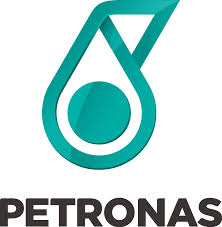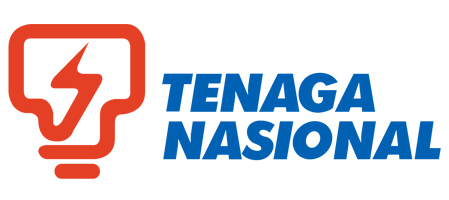
We were drawn to an article by Ed Crooks and Anjli Raval in the on-line Financial Times on 26th, March 2019. There used to be a hierarchy where oil companies sold fuel, while utility companies supplied electricity and gas to consumers.
Today, these lines of demarcation of business activities are no longer applied. Utility companies are now filling-up your car and oil companies want to supply electricity to light-up homes.
Technological progress and the threat of climate change are forcing both oil companies and utility companies to re-think their business strategies, and are pushing them into each other’s business area. The result is set to a period of intensified competition and instability as companies that were previously able to largely forget about each other are now forced to battle for dominance.
Recently Royal Dutch Shell, one of the world’s largest oil and gas company, announced that its First Utility power business would be re-branded as Shell Energy with 700,000 households switched to renewable energy. Customers will be offered not only cleaner electricity but discounts on fast-charging for their electric vehicles as well as broadband internet and smart-home technology. Royal Dutch Shell had floated the idea that by 2030’s it could be the largest power company in the world.
Meanwhile, Enel, the Italian electricity group that by some measures holds the title today, last week highlighted the rapid growth of its network of electric-car charging networks. By end of 2018, it had installed 49,000 worldwide.
The competition to provide the best offerings is given an additional edge by a clash of cultures Employees of the high-stakes world of oil and gas companies have traditionally looked down on the monotonous plodders of the electricity sector.

The next decade will reveal whether that confidence is justified.
On the oil side of the energy industry, pressure from investors is forcing companies to look at ways to curb greenhouse gas emissions while the rise of electric vehicles is threatening to slow the growth of demand for crude oil.
Royal Dutch Shell and Total, the French oil company, have been acquiring companies along the electricity supply chain, from renewable generation to battery storage to electric-car charging to domestic power.
The falling costs of renewable energy and batteries and improvement in electricity grid management, are breaking down the standard model of electricity supply. Households and businesses now can have access to their own local power resources, such as rooftop solar panels, battery storage and demand-responsive technology, reducing energy consumption when there is a strain on the electricity grid.
Returns on capital have traditionally been lower in power generation than in the oil and gas sector, and industry analysts have questioned whether traditional oil-focused companies would be able to make the same level of profits from their new cleaner energy as in their dirtier business.
Royal Dutch Shell and other new entrants see their future in providing energy services from smart meters to batteries that can generate returns.
In Malaysia, both Royal Dutch Shell and ExxonMobli have divested their petrol operations to Asian investors. The oil and gas sector is controlled by Petronas, which also owns a vast network of petrol outlets. The electricity sector is controlled bt Tenaga National, which also runs the distribution networks and access to households. Both are owned by the Malaysian government.
While the penetration of electric-car is still low in Malaysia, car manufacturers are expected to introduce electric vehicles at the high-end segments and middle-end segments. We know more friends are switching to electric vehicles or hybrids. Petronas knows that their retail operation will be affected when drivers no longer need to fill-up at Petronas stations. Today, petrol stations along the Malaysian north and south highway are congested with vehicles to fill-up petrol.
New battery technologies and aggressive new car companies such as Tesla will introduce newer electric vehicles with longer power life. Thus, consumers are enticed to switch to electric vehicles.
We are keenly observing how Petronas is going to meet the challenge of lower demand for petrol used in transportation. In 1980, when we worked in the Esso Refinery in Port Dickson, Negeri Sembilan, as a refinery planner we projected a consistent demand for petrol annually. There was no falling demand!